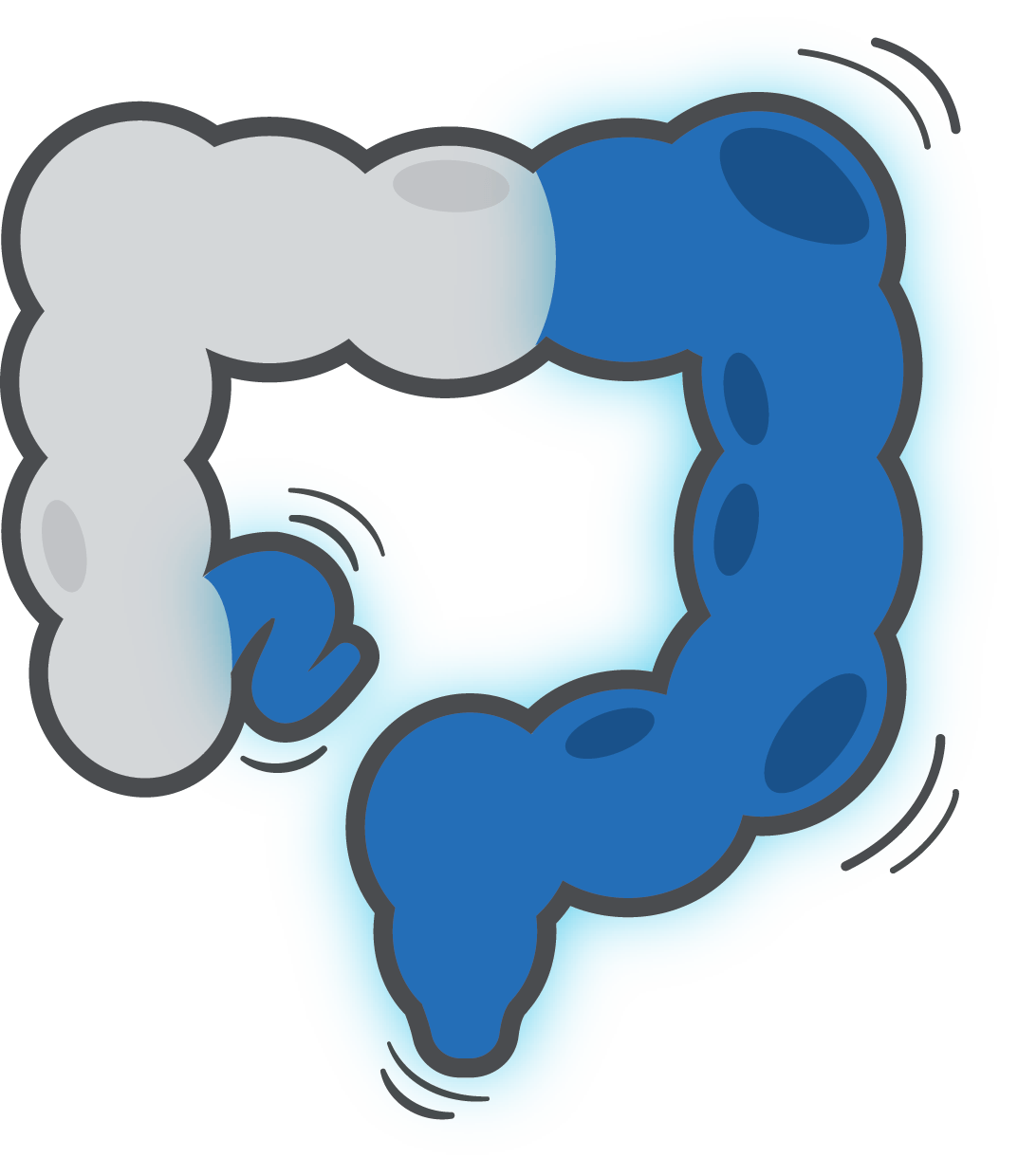Inflammatory bowel diseases (IBD), including Crohn’s disease and ulcerative colitis, are chronic conditions affecting the digestive tract. The exact cause isn't known, and there are both genetic and environmental factors implicated. Your immune system also plays a role. IBD triggers inflammation in the lining and sometimes deeper tissues of the digestive tract, leading to symptoms like diarrhea, rectal bleeding, abdominal cramps, and bloating. It can even cause issues outside the gut, like joint pain, rashes, mouth sores, and fatigue. This condition can lead to various complications such as chronic pain, weight loss, low blood counts, blockages, and even cancer.
Inflammatory Bowel Disease
Conditions

IBD comes in two main types: Crohn’s disease and ulcerative colitis, each with several variations. Crohn's can inflame any part of your digestive tract from mouth to anus, even penetrating its walls. Ulcerative colitis, however, confines inflammation to your colon and rectum.
Symptoms may include:
- Diarrhea
- Rectal bleeding
- Cramps/abdominal pain
- Bloating
- Joint pain
- Rashes
- Fatigue
- Weight loss
- Oral sores
- Lab abnormalities (e.g., anemia, vitamin deficiencies)
For diagnosis and treatment, accurate testing is essential.
These include:
- Blood and stool tests
- Imaging studies like CT or MRI scans
- Colonoscopy, endoscopy, or capsule endoscopy to visualize inflammation
- Biopsy of abnormal areas for microscopic examination
Treating IBD involves medications to reduce inflammation or regulate the immune response. Our team collaborates with experts like dietitians and psychologists to provide comprehensive care. New targeted medications usually bring relief with minimal side effects. If intravenous medication is needed, our office-based infusion center offers treatment. Lifestyle changes and diet can also help, and regular check-ups are vital to maintain remission and prevent complications like abscesses, surgery, or cancer.
